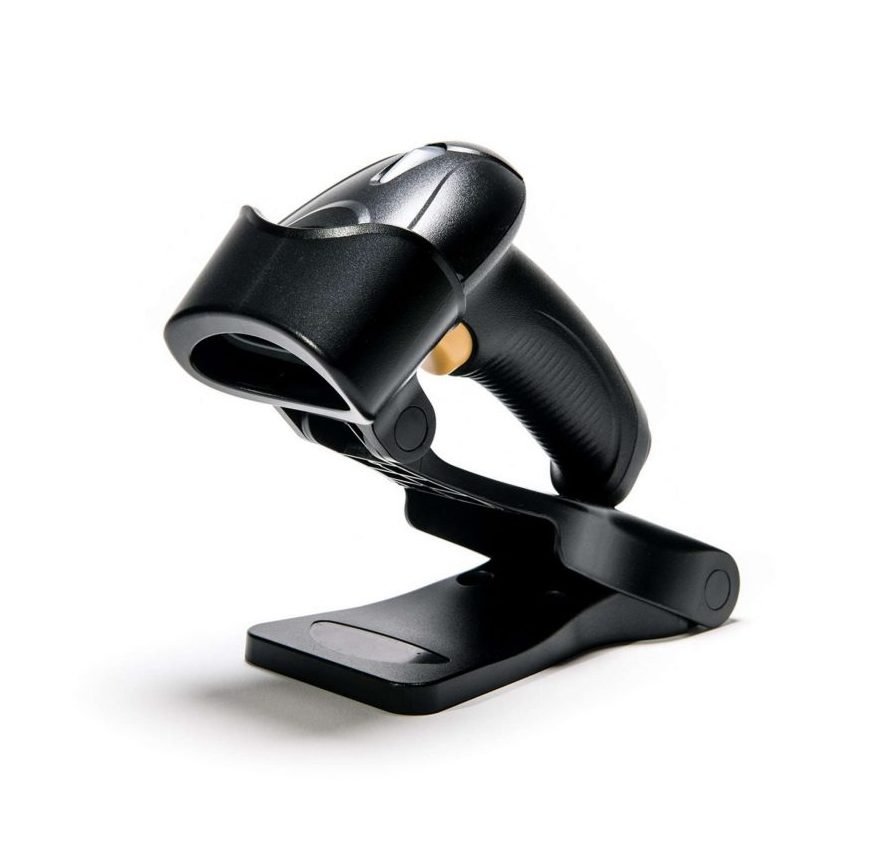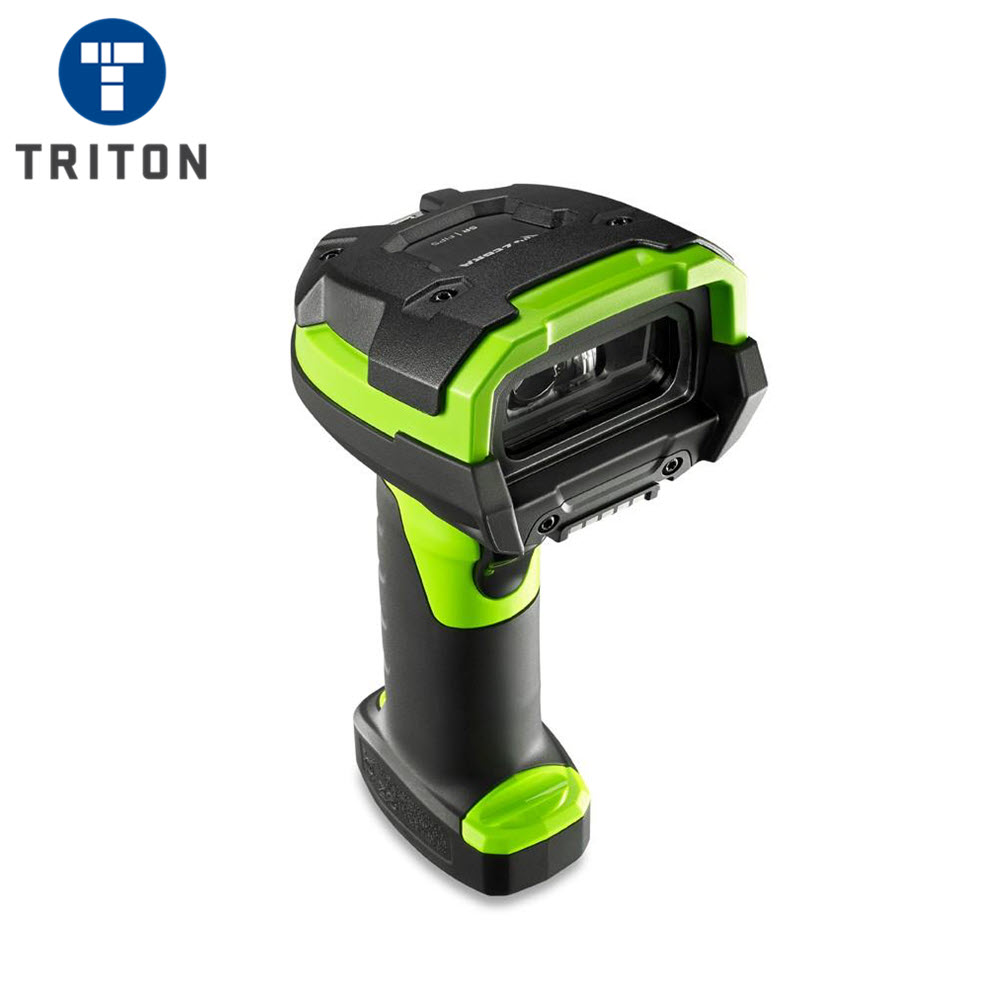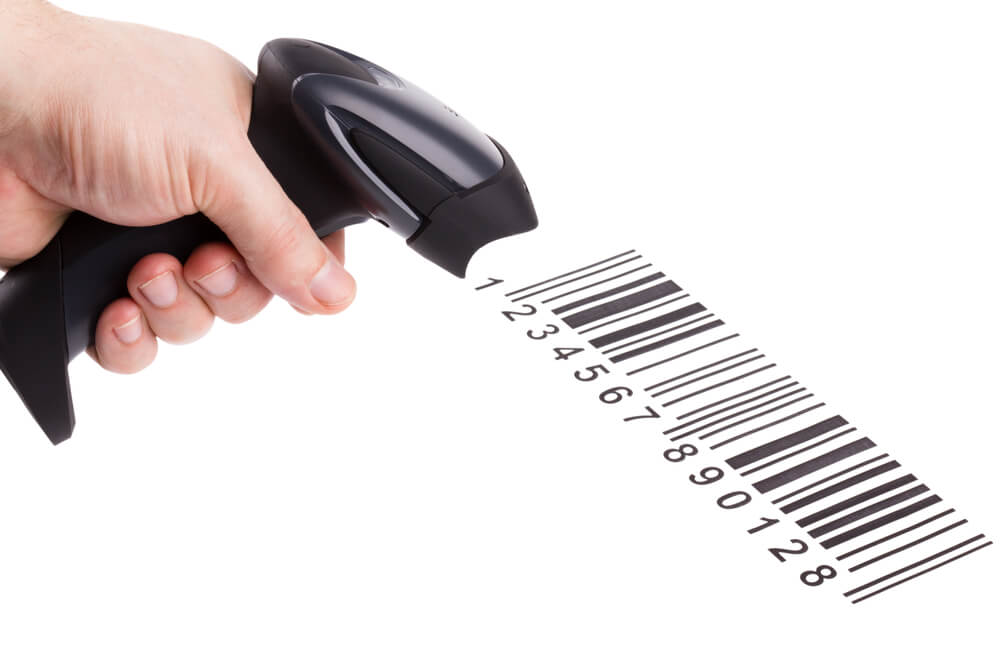Choosing the Right Barcode Scanner for Your Service Needs
Picking the proper barcode scanner for your business calls for a nuanced understanding of your specific functional demands and ecological conditions. Variables such as scanner kind, rate, and compatibility with existing systems play a pivotal duty in identifying the appropriate choice.
Understanding Barcode Scanner Types
When it pertains to selecting a barcode scanner, comprehending the different kinds offered is important for meeting details company demands. Barcode scanners can be classified right into numerous kinds, each developed for different applications and environments.
Fixed-mount scanners, on the other hand, are developed for high-volume scanning applications, often located in setting up lines or check out counters. These scanners are mounted in a fixed placement, enabling for fast scanning of several things in sequence.
One more kind is the mobile computer, which combines scanning capacities with calculating power. These devices are ideal for area procedures or storehouse monitoring, making it possible for information collection and real-time stock tracking. In addition, there are industrial scanners that are developed to hold up against severe settings, such as extreme temperatures or direct exposure to dust and wetness.

Trick Features to Consider
What necessary features should businesses prioritize when choosing a barcode scanner? First and primary, scanning rate is crucial, as faster scanners enhance operational efficiency, particularly in high-volume atmospheres. The scanner's ability to read different barcode layouts is likewise vital; ensure it supports preferred types like QR codes, UPC, and Code 128 to accommodate varied inventory items.
Durability is another crucial function, specifically for businesses in tough setups. Search for models that are built to endure drops, dust, and dampness. Additionally, think about the connection alternatives available; whether you prefer USB, Bluetooth, or Wi-Fi, the best connectivity can improve integration with existing systems.

Evaluating Your Service Setting
To effectively select a barcode scanner, organizations need to analyze their particular operational environment. This assessment includes examining the physical format of the work area, the nature of try this the items being checked, and the typical problems under which scanning occurs. As an example, a retail environment might need handheld scanners that can promptly refine transactions at the check out, while a storage facility setup could gain from ruggedized scanners created to sustain harsher problems.
In addition, take into consideration the volume of scanning called for. High-throughput settings might necessitate innovative scanning innovations, such as fixed-position scanners or mobile phones that can run efficiently in busy scenarios. The assimilation capabilities with existing supply administration systems likewise play an essential duty; guarantee the picked scanner can seamlessly attach with software application systems in operation.
A scanner that satisfies current needs could not be sufficient as company expands. By extensively analyzing these aspects, companies can select a barcode scanner that not just meets prompt demands yet also supports long-term operational effectiveness and versatility. barcodes scanners.
Budgeting for Your Scanner
Having examined the functional setting and recognized the specific needs for a barcode scanner, the next step includes careful budgeting to guarantee a smart economic investment. Developing a budget plan starts with determining the general expenses connected with the scanner, including initial purchase rate, operational costs, and potential maintenance fees.
When choosing a barcode scanner, take into consideration my latest blog post the series of offered options, from portable devices to fixed-position scanners, as rates can vary substantially. It is vital to stabilize price with functionality; opting for a much more budget-friendly version may lead to increased operational ineffectiveness if it does not fulfill your service demands.
Along with the hardware, factor in costs associated with software, training, and prospective upgrades. While it could be tempting to minimize ahead of time expense, investing in a quality scanner that lines up with your functional needs can produce lasting cost savings through boosted effectiveness and minimized downtime.
Finally, consider the complete cost of possession, which encompasses the scanner's life expectancy and potential resale value. By carefully intending your budget, you can ensure that your investment in a barcode scanner will improve your operational productivity and economic efficiency.
Integration With Existing Solution
Incorporating a barcode scanner with your existing systems is essential for optimizing its efficiency and making sure seamless operations. barcodes scanners. A well-integrated scanner boosts operations effectiveness, lowers errors, and speeds up information processing. When picking a barcode scanner, take into consideration compatibility with your current software application and hardware infrastructure, including your supply monitoring systems, point-of-sale (POS) systems, and business source planning (ERP) options
Evaluate whether the scanner utilizes basic protocols such as USB, Bluetooth, or Wi-Fi, which can facilitate very easy assimilation. Furthermore, assess whether the scanner's software application uses click to investigate APIs or SDKs that permit personalization and integration with proprietary systems. This is specifically crucial for organizations with special operational needs.
As your company grows, your systems ought to be able to fit extra scanners and handle increased information quantities without considerable reconfiguration. Eventually, spending in a barcode scanner that seamlessly integrates with your existing systems will yield long-lasting benefits, improving accuracy, performance, and overall productivity within your procedures.

Conclusion
In final thought, selecting a suitable barcode scanner requires a comprehensive analysis of different factors, including scanner kinds, necessary features, and the specific organization environment. The best barcode scanner serves as an essential tool in simplifying procedures and facilitating effective stock administration.